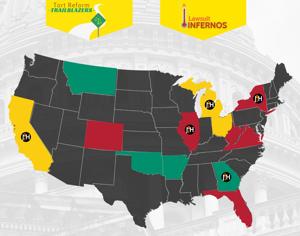
Congressional Perks: Committees, caucuses cost $50 million since 2019
Since 2019, partisan and special interest caucuses and coalitions in the U.S. House spent at least $50 million for staff, food, travel and other expenses, an investigation by The Center Square found.
The Democratic Caucus accounted for $16.4 million – the most – and the Republican Conference came in second spending at least $14.4 million, The Center Square analysis of House spending data shows.
The New Democratic Coalition, Asian Pacific American, Congressional Black, Congressional Western, Congressional Progressive, Hispanic and Democratic Women’s caucuses jointly spent an additional $15 million, data shows.
Caucuses formed to focus on specific issues, such as the Problem Solvers and Equity caucuses, spent about $1 million each, with the Main Street Republicans spending $534,000 of taxpayer money and the Pro-Choice caucus $345,000, the data shows.
David Williams, president of the Taxpayers Protection Alliance, said the spending on partisan and special-interest caucuses should not be coming out of taxpayer funds.
“This money is gone,” he said after The Center Square told him of the spending. “You have to pay for it privately or through campaign funds.”
He made a distinction between caucuses and coalitions, which are partisan gatherings or groups discussing an issue, and official House committees working on problems or investigating public concerns.
He also questioned why taxpayers who might be opposed to an issue are on the hook to pay for a group discussing it.
“If you’re pro-life and you’re a taxpayer, you are funding a caucus that you disagree with, and the opposite obviously can be true if you’re pro-choice and you’re paying for pro-life,” he said. “So you see that taxpayers are paying for members of Congress to … advocate for things that they don’t agree with in a caucus.”
But JD Rackey, associate director of the Structural Democracy Project at the Bipartisan Policy Center, said the caucuses are valuable in that they provide a forum to work on ideas and legislation.
“A long history of political science research shows that these caucuses serve as legislative idea and policy hubs for members, and so is one way for members to develop kind of idea proposals that they can talk about with their colleagues or with the public to try to enact law,” he said. “Without them, you have kind of more choke points in the development of legislative ideas that are controlled either by party leaders or outside interest groups and things like that. So they serve as kind of an extra brain trust for for legislative policy development.”
Daniel Schuman, executive director of the American Governance Institute, said caucuses are not always that useful.
“The Problem Solvers caucus was center-left and center-right members trying to work across party lines,” he said. “It was not particularly effective.”
Calls left at the House offices of several of the caucus chair people were not returned.
Latest News Stories
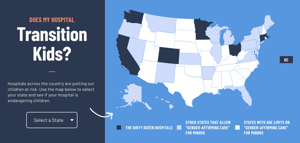
Report: Human Rights Campaign pressures transgender procedures on minors

Everyday Economics: Housing market and Fed policy in focus in the week ahead

New Lenox Township Approves 5% Rent Increase for Guy Sell Senior Housing

Businesses brace for new tax challenges amid global tariff focus
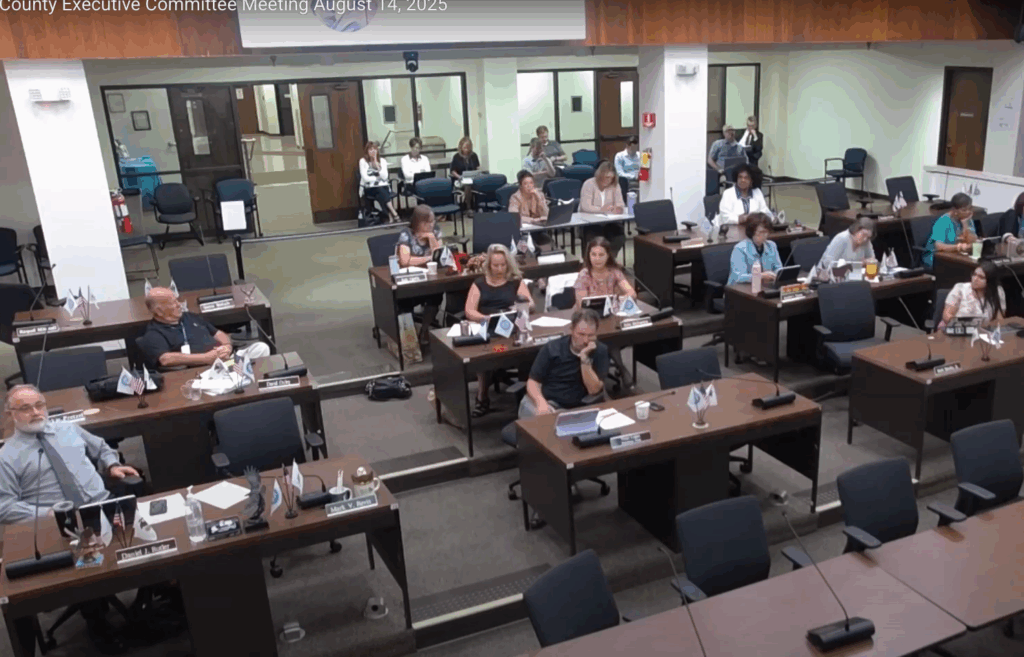
Executive Committee Considers $12,000 Strategic Planning Initiative with University of St. Francis

Illinois takes over health insurance marketplace in 2026 amid skepticism
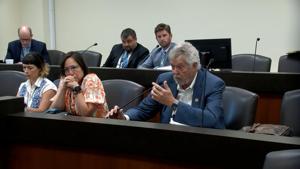
WATCH: IL state reps challenge IEMA-OHS responses to local agencies
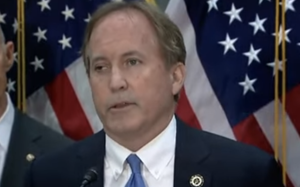
Judge expands restraining order against ‘Beto’ O’Rourke, adds ActBlue
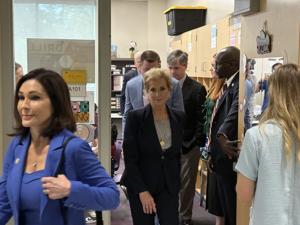
Reversing Biden’s precedent, students complete FAFSA in minutes at beta-testing event
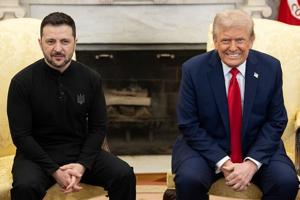
Trump, Zelenskyy to meet Monday in steps toward peace with Russia
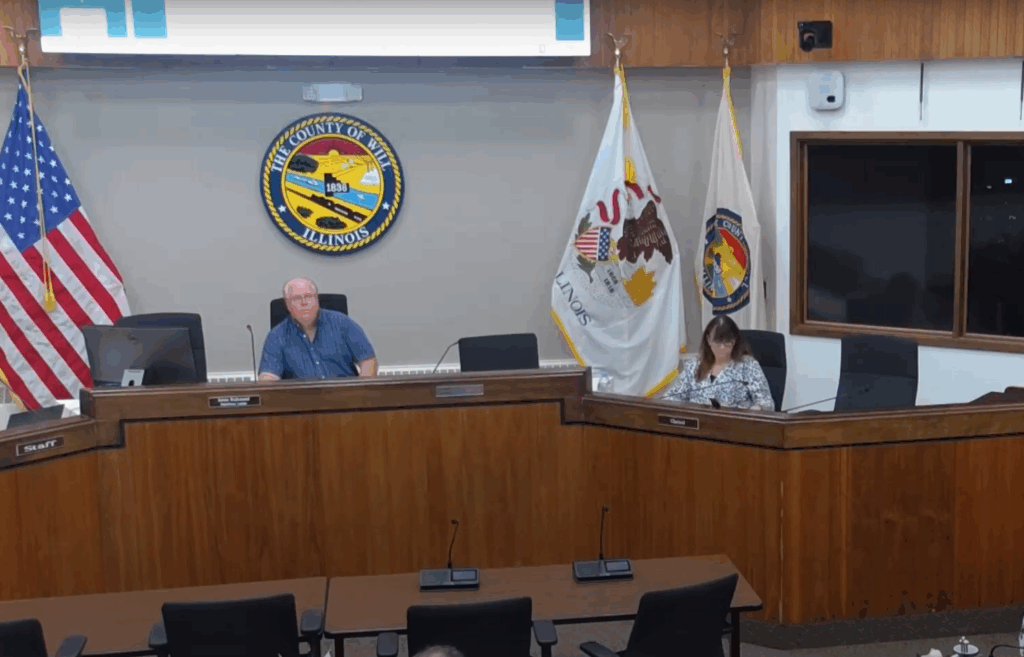
Executive Committee Members Decry Roadside Litter, Call for Action Against Garbage Haulers
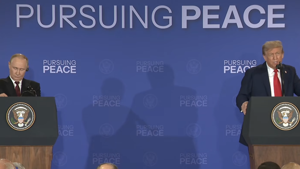
Possible ‘agreement’ reached in Trump-Putin meeting; more discussion likely


